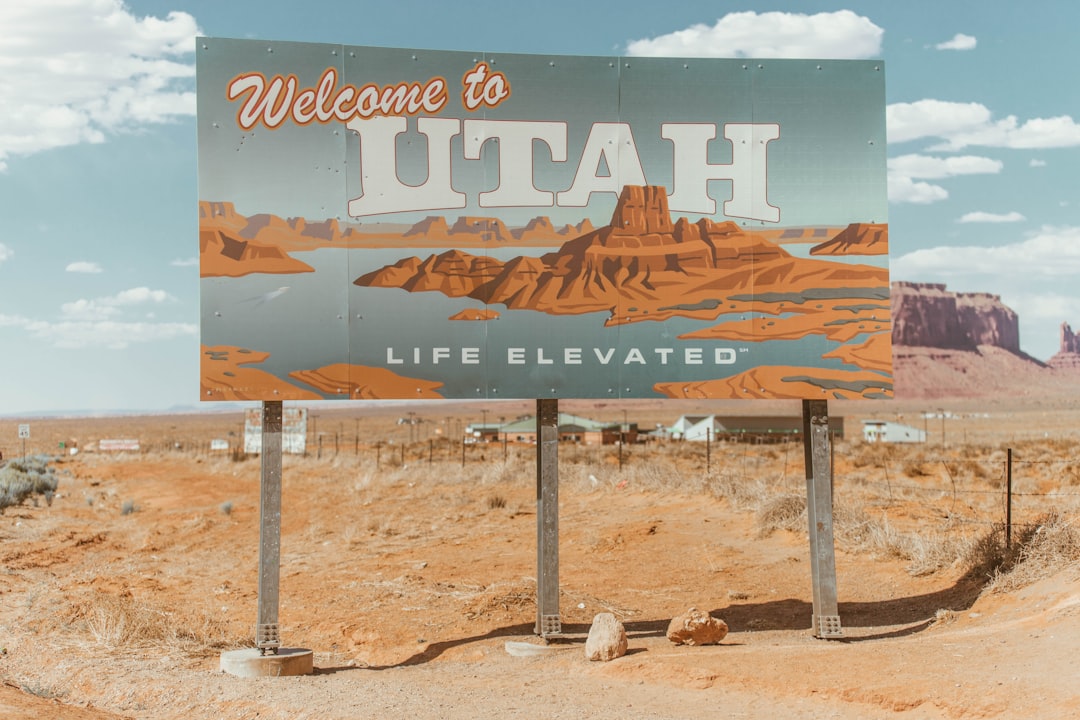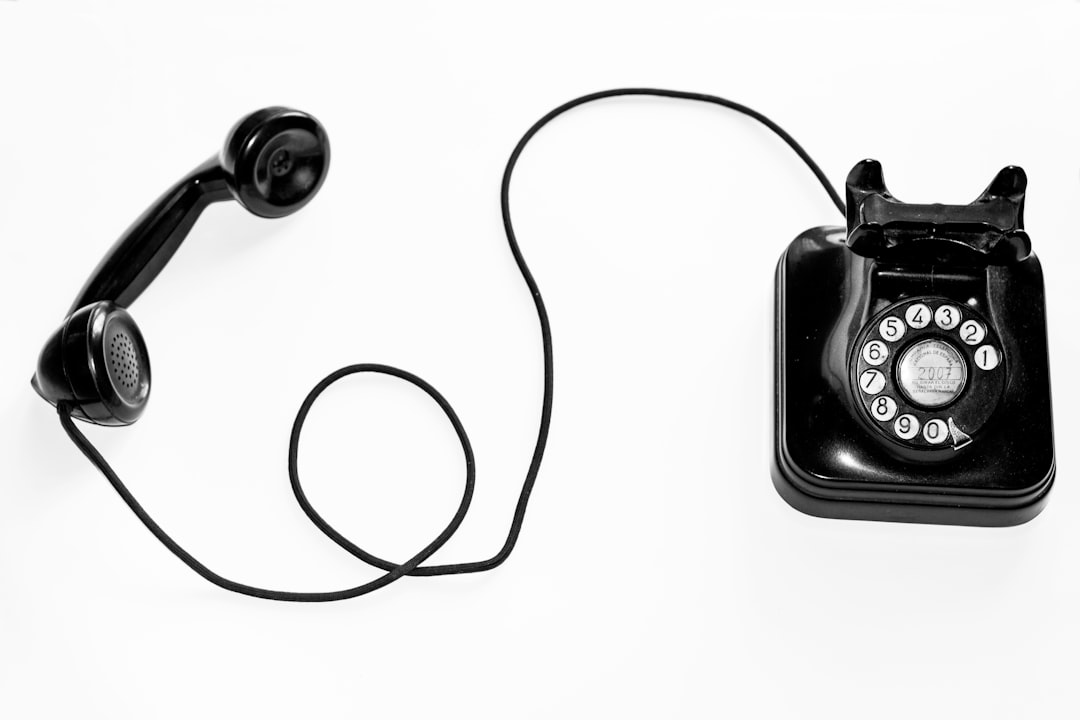Utah's Do Not Call Laws protect residents from most commercial telemarketing calls, but specific entities like financial institutions, healthcare providers, and non-profits with prior consent are exempt. Lehi residents can register for a 30-day block on unwanted calls, but they should be aware that charitable, political, and consented businesses can still contact them. Understanding these exemptions is key to navigating Utah's Do Not Call Laws effectively.
“In Utah, the ‘Do Not Call’ laws are designed to protect residents from unwanted telemarketing calls. However, certain entities and situations are exempt from these regulations. This article explores who can still call you in Lehi, Utah, despite the Do Not Call Laws. We’ll break down the exemptions, their impact on businesses and residents, and provide tips to safeguard your rights as a Lehi citizen. Understanding these exceptions is crucial for navigating Utah’s telemarketing landscape.”
Understanding Utah's Do Not Call Laws: An Overview

Utah’s Do Not Call Laws are designed to protect residents from unwanted telemarketing calls and messages, offering them a respite from persistent sales pitches. These laws allow individuals to register their phone numbers on the state’s “Do Not Call” list, effectively blocking most commercial calls within 30 days of registration. However, not all calls are prohibited; certain exemptions exist, ensuring that important communications can still reach their intended recipients.
The restrictions primarily apply to telemarketers and sales representatives, but there are specific situations where calls are permitted. These include calls from financial institutions, healthcare providers, or government agencies, as well as those made with prior explicit consent from the recipient. Understanding these exemptions is crucial for Lehi residents who want to know their rights under Utah’s Do Not Call Laws.
Who is Exempted from Compliance?

In Utah, the Do Not Call laws are designed to protect residents from unwanted telemarketing calls. However, there are certain entities and situations that are exempt from these regulations. Businesses with a pre-existing relationship with the consumer, such as financial institutions or healthcare providers, are typically allowed to call without seeking prior consent. This includes banks, insurance companies, and medical practices who already have your contact information on file.
Additionally, non-profit organizations, political campaigns, and telephone surveys conducted for research purposes also fall under exemptions. These groups can reach out to residents in Lehi without worrying about compliance issues related to the Do Not Call Laws of Utah. It’s important to note that these exemptions are specific and carefully outlined to maintain a balance between consumer privacy and legitimate communication efforts.
The Impact on Businesses and Residents in Lehi

The implementation of Utah’s Do Not Call Laws has significantly affected both businesses and residents in Lehi, a bustling metropolis within the state. While these laws are designed to protect individuals from unwanted telemarketing calls, they also present challenges for legitimate businesses trying to connect with their customers. Many companies, especially those operating in the sales and customer service sectors, have had to adapt their strategies to ensure compliance while still maintaining effective communication.
For residents, the benefit is clear: reduced intrusion from unsolicited calls. However, it’s essential to understand that certain entities are exempt from these regulations. This includes businesses directly involved in charitable activities, political campaigns, or those conducting business with explicit consent. In Lehi, folks may still expect calls from local non-profit organizations, political action committees, and companies they’ve previously given permission to contact them, ensuring a more tailored and relevant experience despite the broader restrictions on telemarketing practices.
How to Protect Your Rights as a Lehi Resident

As a Lehi resident, it’s essential to understand your rights under Utah’s Do Not Call laws. While these laws provide significant protection against unwanted telemarketing calls, there are certain entities and situations that are exempt from these regulations. To safeguard your privacy, stay informed about who can legally contact you.
First, familiarize yourself with the permitted callers. Nonprofit organizations, political campaigns, and businesses with which you have an existing relationship are generally allowed to reach out. You can also receive calls from individuals or companies if you’ve initiated a purchase within the past 18 months or provided explicit consent for marketing purposes. To protect your rights further, consider registering your number on Utah’s Do Not Call list. This official registry ensures that you receive fewer unsolicited calls, giving you more control over who contacts you in Lehi.






